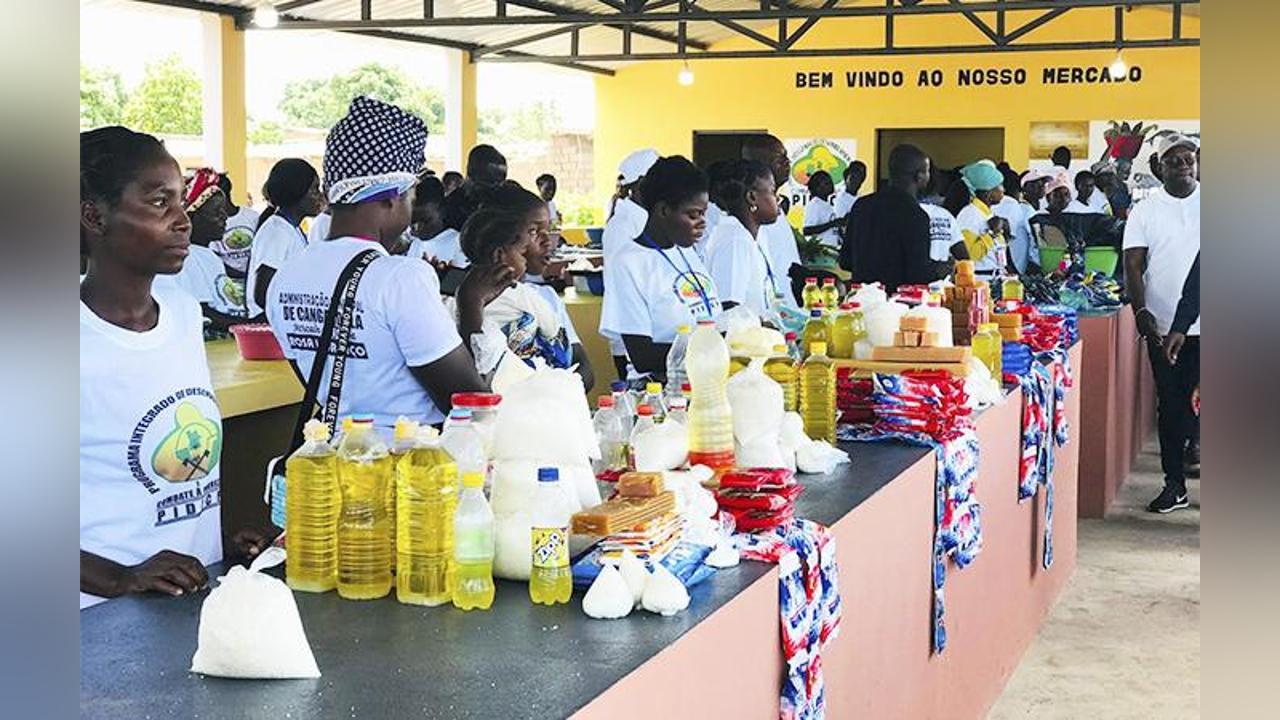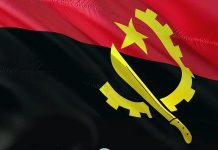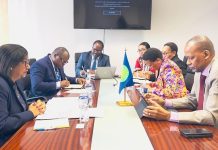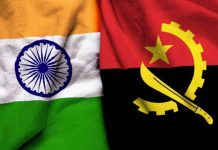Africa-Press – Angola. The low level of digital inclusion, poor financial literacy and the lack of implementation of more effective cybersecurity means are highlighted as the main factors that have hindered the development of the electronic service “Mobile Money” in Angola.
The consideration was made this Thursday, in Luanda, by experts and operators in this sector, during the Forum on the use of digital currency in Angola, whose participants defended the need to intensify financial education actions and this digital platform in the country.
Mobile Money allows users to carry out a variety of transactions, such as paying for goods and services, taxes, making transfers, checking balance and account movements, as well as withdrawing money using a digital (smartphone) and analogue cell phone or authorized agent.
For the president of the Board of Directors of Afrimoney, Kátia da Conceição, she pointed out the Angolan informal market as one of the sectors that still has poor financial literacy.
Therefore, the manager advocates the intensification of financial and digital literacy actions in the informal sector, so that the circulation of physical money in this market is reduced, a mechanism that can be carried out by suppliers, sellers and customers, explaining to citizens the advantages and features of the Mobile Money electronic wallet, for example.
This initiative, he added, allows economic agents to carry out their transactions safely, making deposits, withdrawals, paying for taxis, meals, among other expenses from their cell phones.
With this objective, Kátia da Conceição highlighted that Afrimoney has already registered 1.8 million subscribers, with 4,500 agents distributed across four provinces of the country.
In addition, he said that the company has been developing, since last January, a training program aimed at the informal market, with emphasis on greengrocers, street vendors and small entrepreneurs, to raise awareness and disseminate the digital financial service.
In turn, the president of the Executive Board of Unitel Money, Gulami Nabi, considered that the level of financial inclusion is around 36%, which means that 64% of the adult population in Angola is excluded, with digital wallets being crucial vehicles for changing this frame.
He also defended the need to invest in financial education and strengthen relationships between all agents in this sector, to promote sustainable initiatives.
Regarding the volume of users of the service on its platforms, he said that Unitel Money has more than 1.8 million registered customers, with more than 35 thousand points in the country.
On the other hand, Gulami Nabi pointed out the existence of some constraints that need to be overcome and resolved by the regulator, to ensure greater synchrony between Mobile Money operators in Angola.
On the same occasion, the Marketing Director of Banco Milennium Atlântico, Bruno Pinto, stated that there are already several solutions that replace physical money with digital money, but there is an urgent need to invest more in the dissemination of electronic wallets.
The director of E-Kwanza Bai, Nuno Veiga, considered digital financial platforms as a crucial tool for financial inclusion.
In Angola, the Mobile Money service is available through Unitel Money, Afrimoney, E-Kwanza from BAI, E-Kumbu from Banco Sol, among other platforms.
The Forum on the use of digital currency brought together operators and experts in the field, who addressed the topic “Challenges and strategies for a safer digital environment in Angola”.
For More News And Analysis About Angola Follow Africa-Press






